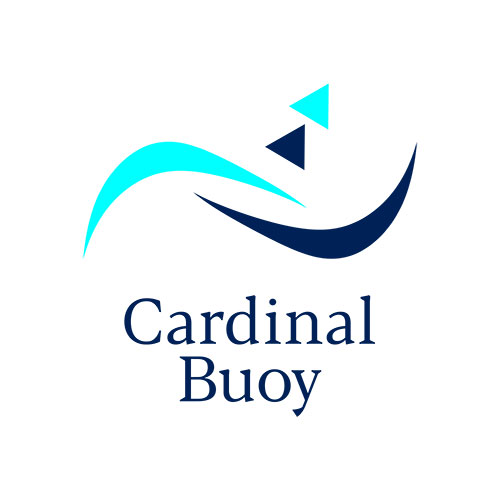AS the roses wilt and the Valentine’s Day chocolates are reduced to mere wrappers, February marks a transition from the euphoria of romantic gestures to the steadiness of everyday life. While the love and affection shared during this time are cherished, it’s also an opportune moment to redirect our attention to a different kind of relationship — the one we have with our finances.
Just as Valentine’s Day prompts us to express love and appreciation for our partners, it also serves as a reminder to nurture and strengthen our bond with money. In the post-Valentine’s period, we find ourselves reevaluating our priorities, reconsidering our habits and seeking avenues for personal growth. Amid this introspection, lies an opportunity to reignite our financial romance, to rekindle a sense of purpose and empowerment in how we manage and engage with our money.
As we bid farewell to Cupid’s arrows and heart-shaped tokens, let us turn our focus toward the tangible and lasting impact of financial well-being. Beyond the fleeting gestures of love, lies the enduring commitment to our financial health — an investment in ourselves that pays dividends far beyond the confines of a single day.
This post-Valentine’s season invites us to shift our perspective, to recognize that our relationship with money is not merely transactional, but deeply intertwined with our sense of security, fulfillment and freedom. It’s an invitation to embark on a journey of self-discovery and empowerment, to nurture a relationship with money that reflects our values, aspirations and dreams for the future.
One of the first steps in this journey is to reflect on our financial goals and priorities. It’s important to take a moment to pause and consider what truly matters to us when it comes to money. Are we striving for financial freedom? Long-term security? The ability to pursue our passions without financial constraints? By aligning our financial decisions with our personal values and aspirations, we can ensure that our money serves as a tool to support our overall well-being.
Financial self-care emerges as a key theme in this pursuit of financial wellness. Just as we prioritize physical and mental well-being by joining fun runs, we must also prioritize our financial health by joining activities that will enhance our understanding about money. This involves practical strategies such as regular budget reviews, setting boundaries with spending and celebrating financial milestones, no matter how small. By incorporating these practices into our routine, we can cultivate a healthier and more balanced relationship with money.
Of course, no journey toward financial wellness is without its bumps in the road. Many of us have made mistakes with money in the past, whether it’s overspending, accruing debt, or failing to save for the future. However, it’s important to remember that these mistakes do not define us. By practicing forgiveness and self-compassion, we can begin the process of rebuilding trust with money. This may involve creating a realistic plan for debt repayment, seeking professional financial advice, or simply learning from past missteps and moving forward with renewed determination.
In relationships, financial communication and collaboration are essential components of a healthy partnership. Couples are encouraged to work together on financial goals, engaging in regular check-ins, sharing budgeting strategies and offering mutual support. By fostering open and honest communication about finances, couples can strengthen their bond and build a foundation for long-term financial stability.
Mindful spending also plays a crucial role in cultivating a healthier money mindset. Instead of mindlessly swiping our credit cards, we can practice conscious consumption by tracking expenses, prioritizing needs over wants and avoiding impulse purchases. By being more intentional with our spending, we can ensure that our money is being used in ways that align with our values and goals.
Investing in our future is another important aspect of financial wellness. This involves not only saving for short-term goals like a dream vacation or a new car but also investing in assets that support long-term financial growth and security. By familiarizing ourselves with basic investment concepts and exploring opportunities that align with our risk tolerance and financial objectives, we can set ourselves up for a more prosperous future.
As we celebrate our financial victories, whether it’s paying off a credit card balance or reaching a savings milestone, it’s important to acknowledge the progress we’ve made and stay motivated on our journey toward financial wellness. By prioritizing our financial well-being as an ongoing endeavor, we can create a future filled with financial security, freedom and fulfillment. In the end, by nurturing our relationship with money, we are investing in ourselves and our future prosperity.
Christopher Cervantes is a Registered Financial Planner of RFP Philippines. He is the author of the best-selling books Financial Planning for the Fast-changing World, Life Begins, and The Seed Money. To learn more about personal financial planning, attend the Chris’ Cervantes webinar: “Financial Planning for the Fast Changing World.” Register on this link: https://cardinalbuoy.com/seminars/

